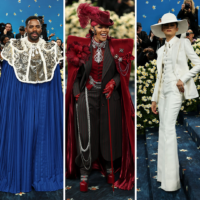In some ways, the timing couldn’t have been more fortuitous. No one roots for a pandemic, but WarnerMedia launched HBO Max just as cities and states across the U.S. went under curfews and lockdowns as the COVID-19 pandemic spread.
In many ways, the service seemed well positioned, even in a sector crowded with platforms such as Netflix, Hulu, Amazon Prime Video and Disney+. HBO Max brought decades of critically acclaimed series under its belt, including “The Sopranos,” “The Wire,” and “Game of Thrones,” coupled with pricey acquisitions like the “Friends” and “South Park” back catalogues.
Filling out the offering was a healthy catalogue of 1,300 films and television series from CNN, TNT, TBS, truTV, Cartoon Network and Adult Swim, among others. WarnerMedia, meanwhile, provided access to perennial favorite Looney Tunes shorts and the complete catalogue of DC Comics films and televisions shows. All told, HBO Max promised 10,000 hours of movies and TV at launch.
But if Quibi’s eight-month lifespan is any indication, all the money, star power and executive bonafides can’t buy you a successful streaming service. Over the last few years, many big names had tried and failed at that game — the streaming graveyard is littered with good intentions and big-budget flameouts.
Source : WarnerMedia’s Andy Forssell discusses a fascinating first year for HBO Max













